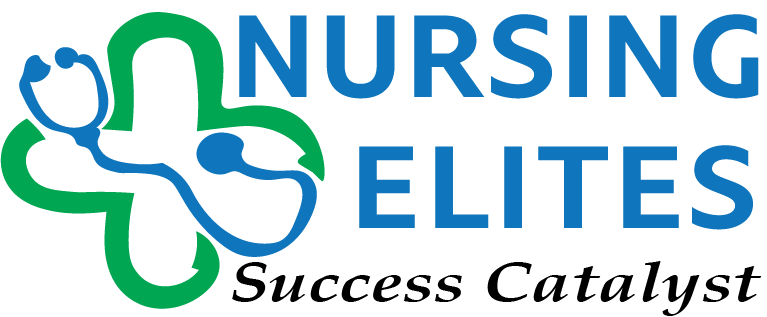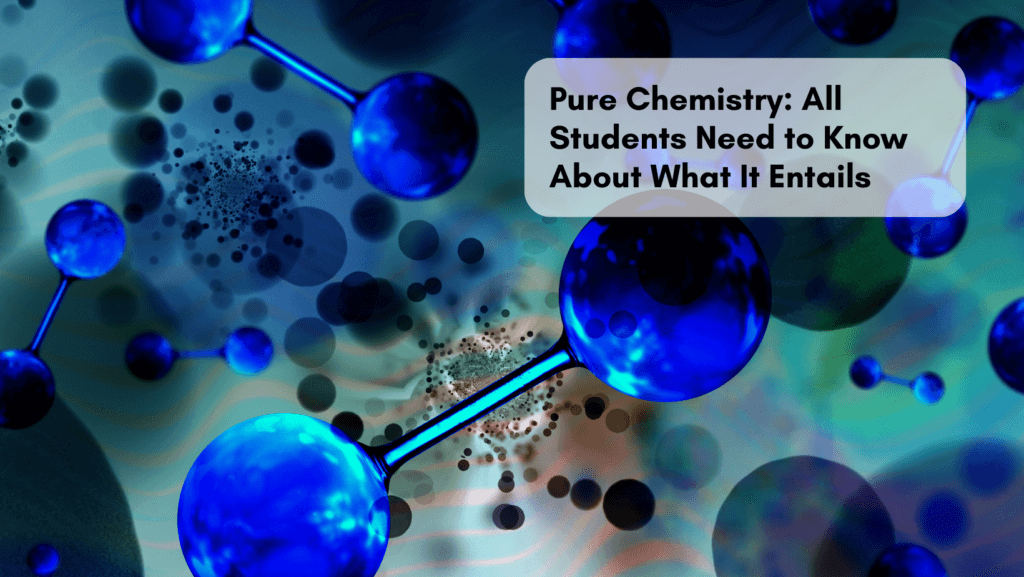Pure chemistry focuses on teaching students the theory part of chemistry without integration, modification, or applications. It is one of the several branches that teach students the chemical processes and concepts. In this article, we explain more about pure chemistry; what it is, its branches, and how the knowledge from pure chemistry applies in the real world. For students with upcoming home-based or online chemistry exams, our Chemistry Exam Help experts can help do the exam for you, ensuring you pass the test. We use our exam proctoring software in proctored chemistry tests to bypass anti-cheating security protocols undetected. For students with home-take exams, submit them through our Order Now process, and we will help you handle all the questions.
What is Pure Chemistry?
Pure chemistry studies the basic principles of matter, energy, force, and other scientific chemical processes. It also explores the interconnection of molecules and substances and their binding elements. In pure research chemistry, students only learn the theory part of these fundamental concepts and not their application in real life. This learning experience equips students with the knowledge and understanding without the hands-on skills. For example, when learning about mushrooms, students study the components of the mushroom, where and how it grows without the application process.
Branches of Pure Chemistry
Pure chemistry focuses on four essential critical areas of chemistry. The following are the subcategories in the syllabus:
Physical Chemistry
Physical chemistry explores fundamental concepts in thermodynamics, matter, and kinetic energy. The main topics explained in these categories include the behavior of gasses and how processes like expansion, combustion, and compression influence this behavior.
Organic Chemistry
Organic chemistry is all about quantum mechanics. Quantum chemistry studies how atoms, protons, neutrons, and other organic molecules behave. The topic also includes carbon-hydrogen chemical procedures, shapes, and structures.
Analytical Chemistry
This branch of pure research chemistry talks about the instruments and techniques of separating, quantifying, and identifying matter. Students learn how these methods can be combined to obtain and process information on the structure of matter. The topic also teaches students how to communicate the results obtained from the research.
Inorganic Chemistry
Inorganic chem teaches talks about metals, non-metals, and mineral compounds. During the course, students learn the properties of inorganic elements and their differences with carbon-hydrogen or organic compounds. The material also covers the chemical reactions of acids, bases, salts, and oxides, including combination reactions, decomposition reactions, and single and double displacement reactions.
Differences between Pure and Applied Chemistry
Pure and applied chemistry have different objectives and target outcomes. Here are the main differences between these two types of chemistry:
- Pure chemistry aims to advance students’ knowledge of fundamental chemistry principles and concepts. On the other hand, applied chemistry seeks to create meaningful solutions, using them to solve real-life challenges and problems.
- Pure research investigates the why, how, and where of various chemical molecules, reactions, and substances. On the other hand, applied research aims to discover new solutions to common issues that plague the world.
- Pure research equips students with the knowledge to apply later in their professional life. Conversely, applied science programs help students to develop practical solutions from the lessons learned in class.
How to Grasp Concepts in Pure Chemistry
If you struggle to understand chemistry concepts, the following methods can help you grasp such topics better. Note there is no specific best method for studying pure research chemistry, but combining the different strategies works perfectly:
- Read before Lectures – Introduce yourself to the main concepts before the lecture starts to familiarize with the content. This way, some terms won’t sound too foreign when the lecturer mentions them in class.
- Note down key concepts: Write the fundamental information on each topic course in class or alone for easier remembrance.
- Study when your mind is fresh – The aim of pure research chemistry is to understand the main concepts, which can be best achieved with a fresh mind.
- Study frequently: Consistently studying the course makes you more familiar with the complex discussions over time.
Above all, students should know that learning chemistry requires patience, dedication, and time.
Get Assistance from Our Experts
Learning pure chemistry can be challenging when juggling other subjects in school. Some students also naturally dislike chemistry and have no interest in the subject owing to its complexity. If you find chemistry concepts intimidating, our chemistry exam experts can help you with your semester home-based quizzes and the final online exam.
Our software bypasses strict exam protocols, allowing experts to access the proctoring software remotely. Get in touch with us via WhatsApp or Live Chat for a quick discussion on how to get started with our service. Students with home-take pure chemistry exams can submit the exam paper via our “Order Now” system, and we will do it in due time. We guarantee all our students good grades in their home-based and proctored TEAS 7, HESI, and NLN PAX exams.





Pingback: ATI CAT Exam: Key Insights Student Needs to Know